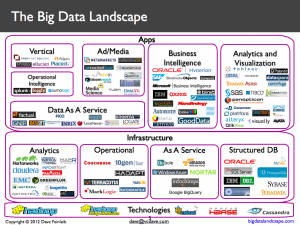“What do Government, Big and small business’ have in common?”
According to Tema Frank, a digital marketing specialist with her own podcast show, the answer is respect for their staff and a willingness to listen to those on the front lines.
Jeff Mackey, Fujitsu Consulting’s Managing Director of Business Consulting in Western Canada, is the inspiration for this idea and he speaks to the validity of applying it to business decisions in his interview on the podcast. Below is a list Tema created following the interview on the “Lean Process Improvement”, a method that improves businesses by working on the front lines.
Keys to Success In Lean Process Improvement
-
Management commitment
-
Sustained visible executive presence
-
Patience for results
-
The process is a frustration for the staff as well as your customers
-
Focus on right things (not cost reduction; that’s a by-product of improving the processes)
-
Start with small projects, get a win, and build momentum
-
Involve all key stakeholders, right from the start
This development of a “lean” model is not dissimilar from concepts discussed in class as we approached the idea of lean start-ups; that is start-ups with an ever changing business model that defines their business model canvas as they discover what customers want in the market.
There seems to be a trend noted in the advancement of traditional business methods and tools towards creating solutions where adaptability is maximized and their is a focus on the ability of companies to innovate and stay ahead of the competition.
Source:
Tema Frank, from Frank Online Marketing podcasts:
http://frankonlinemarketing.com/fom48-jeffmackey-lean/



